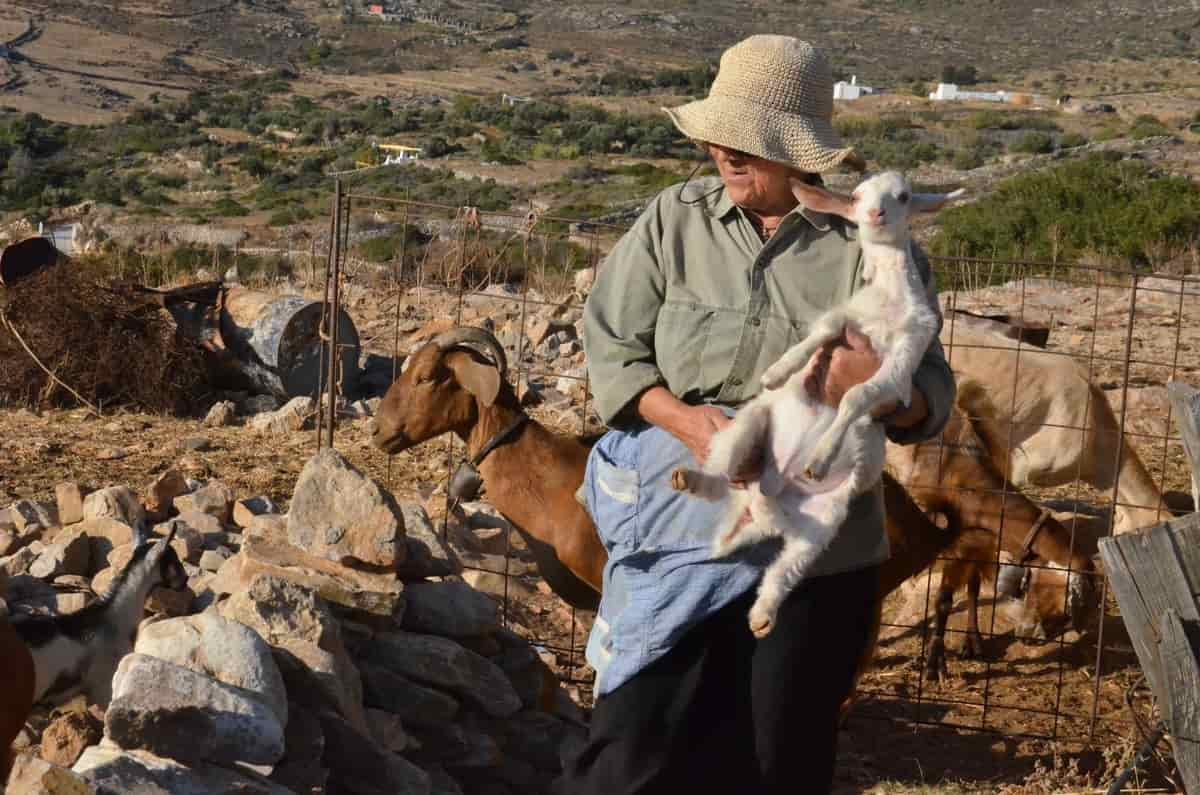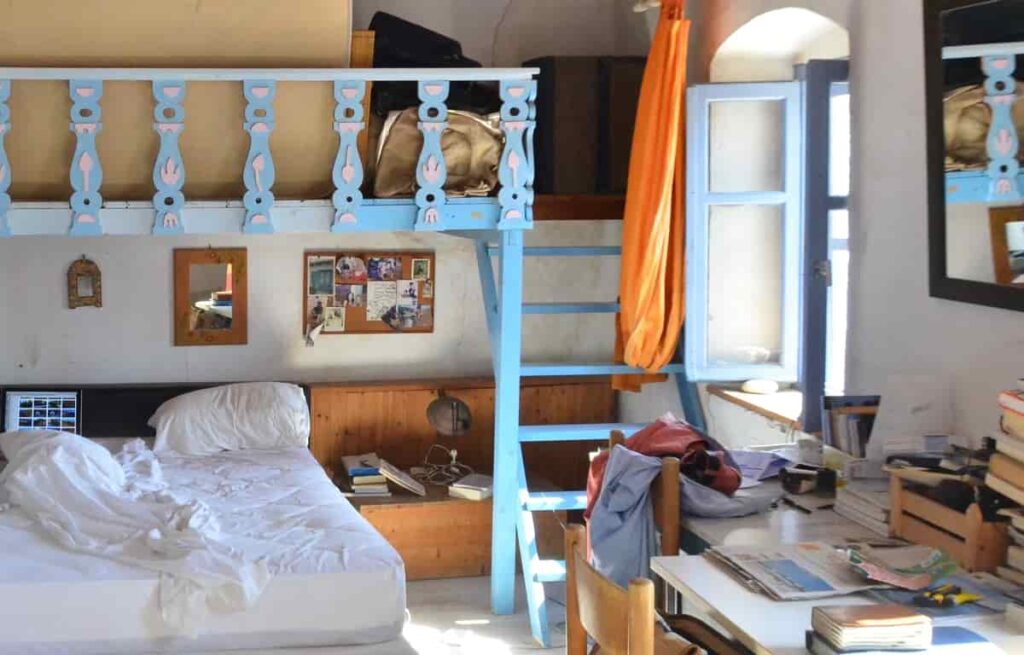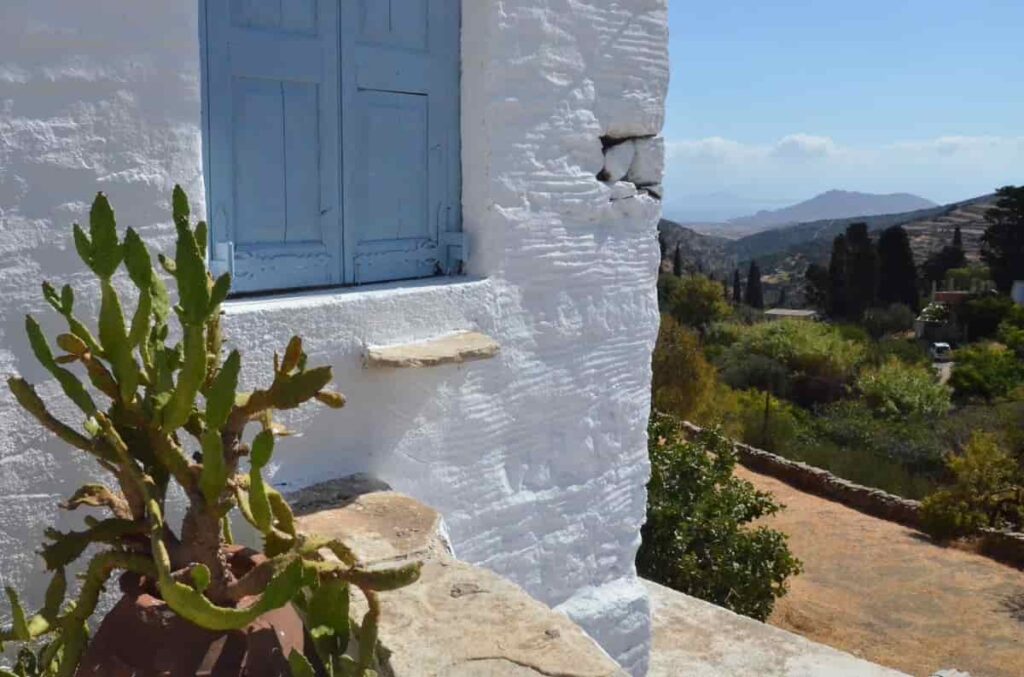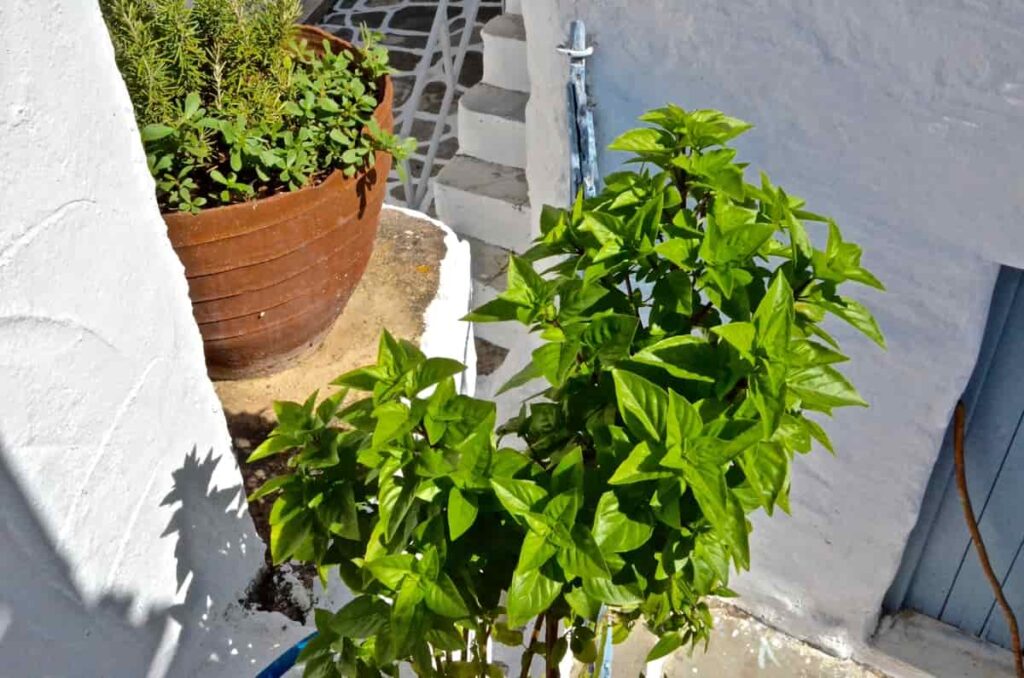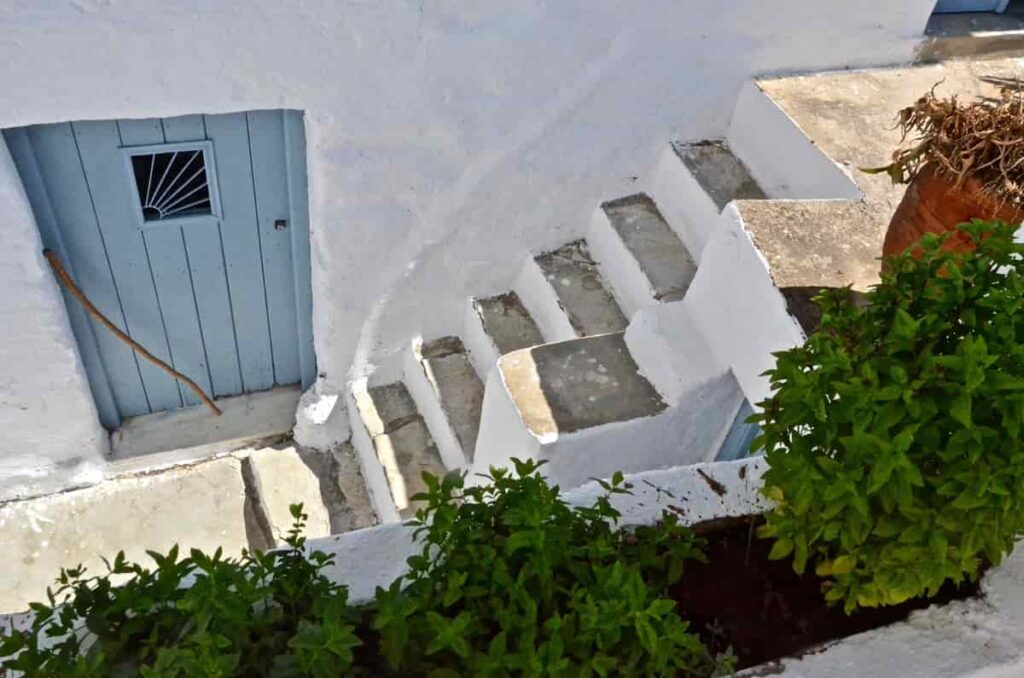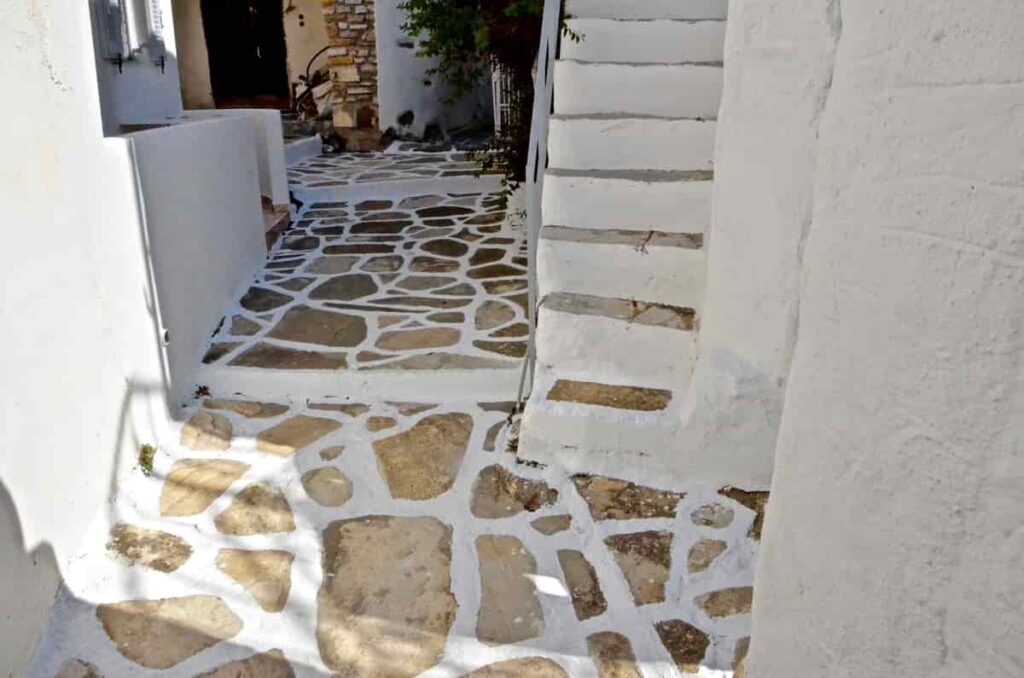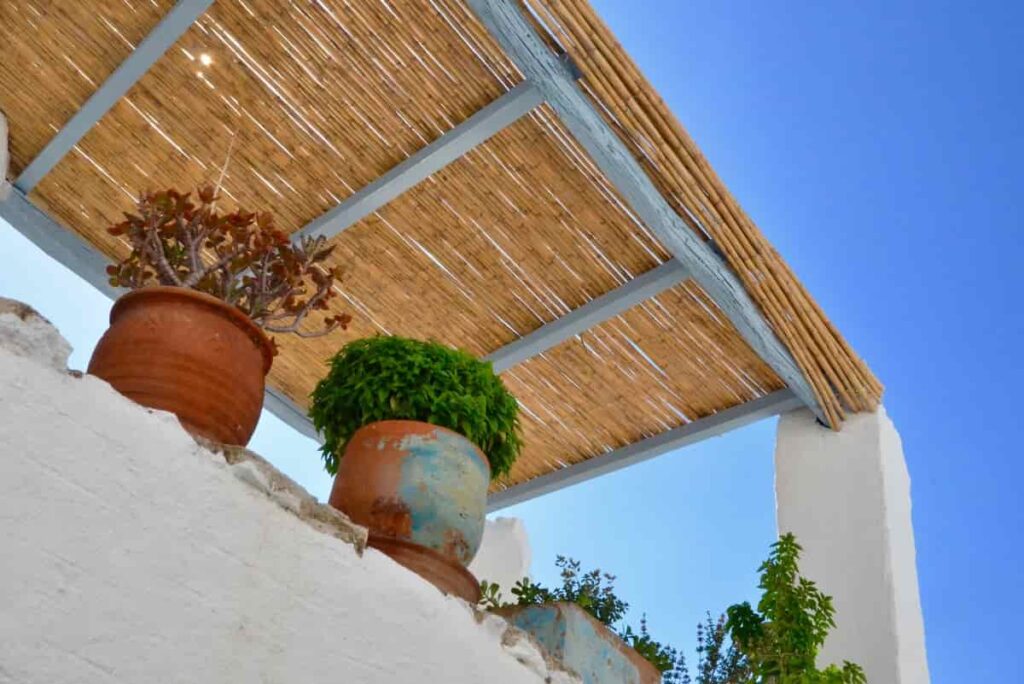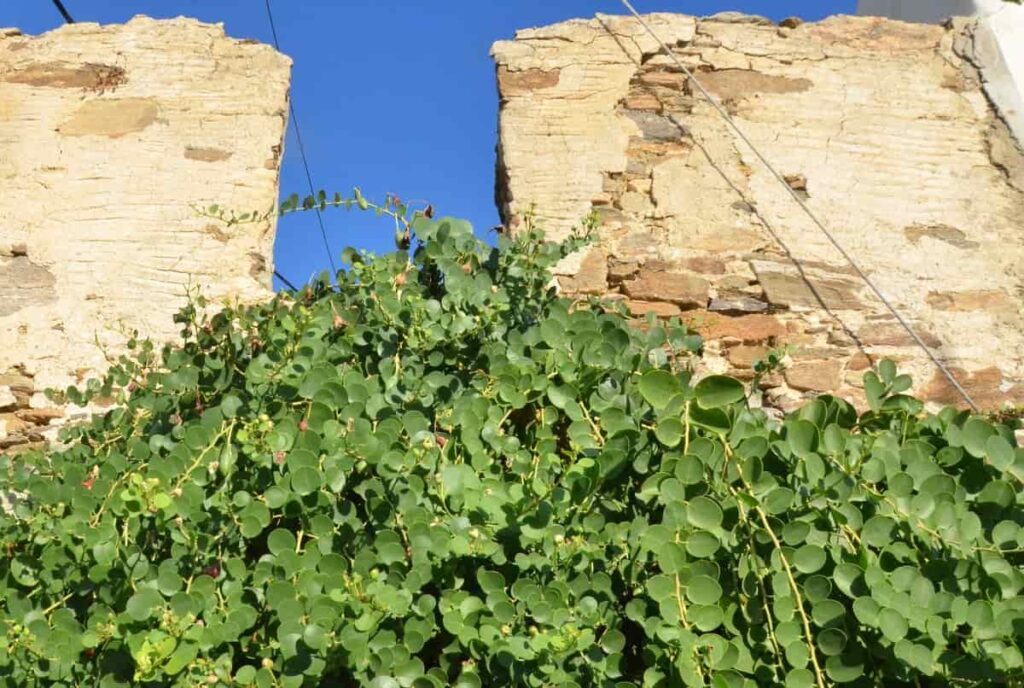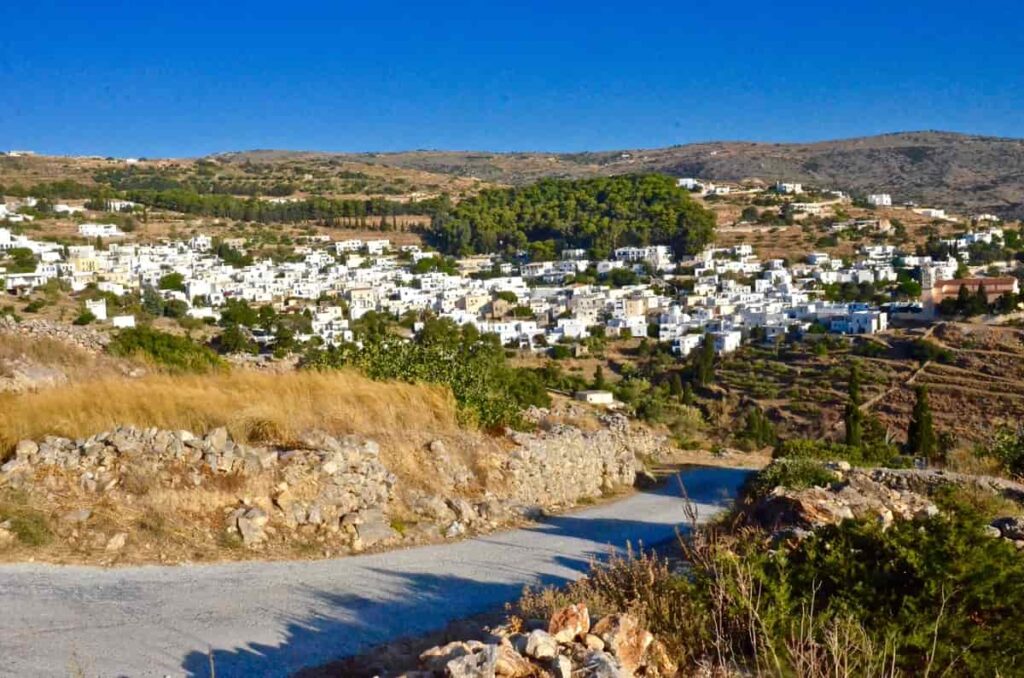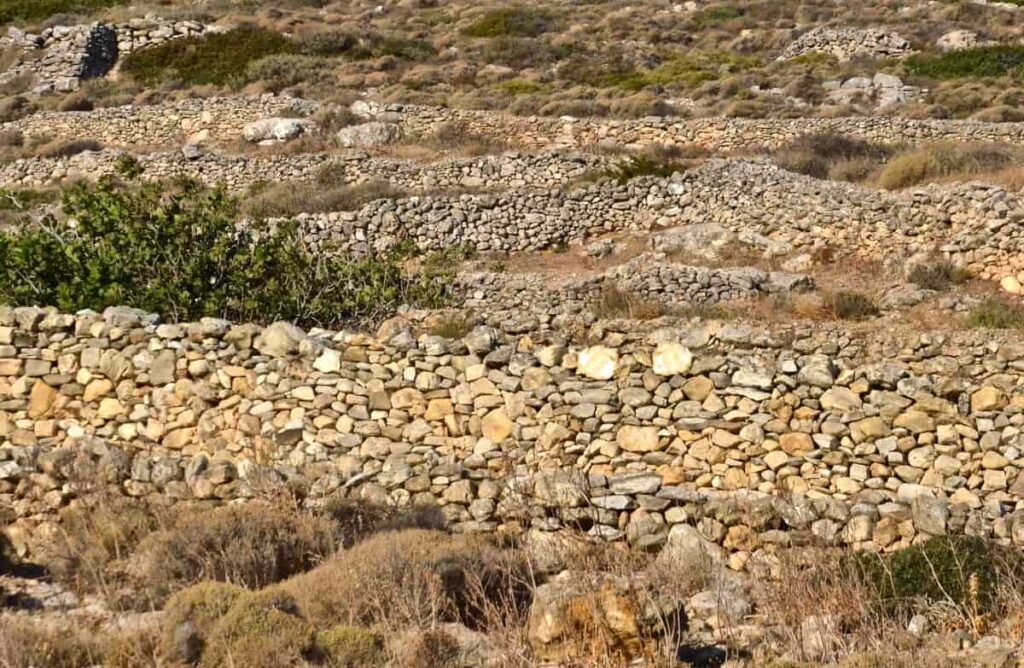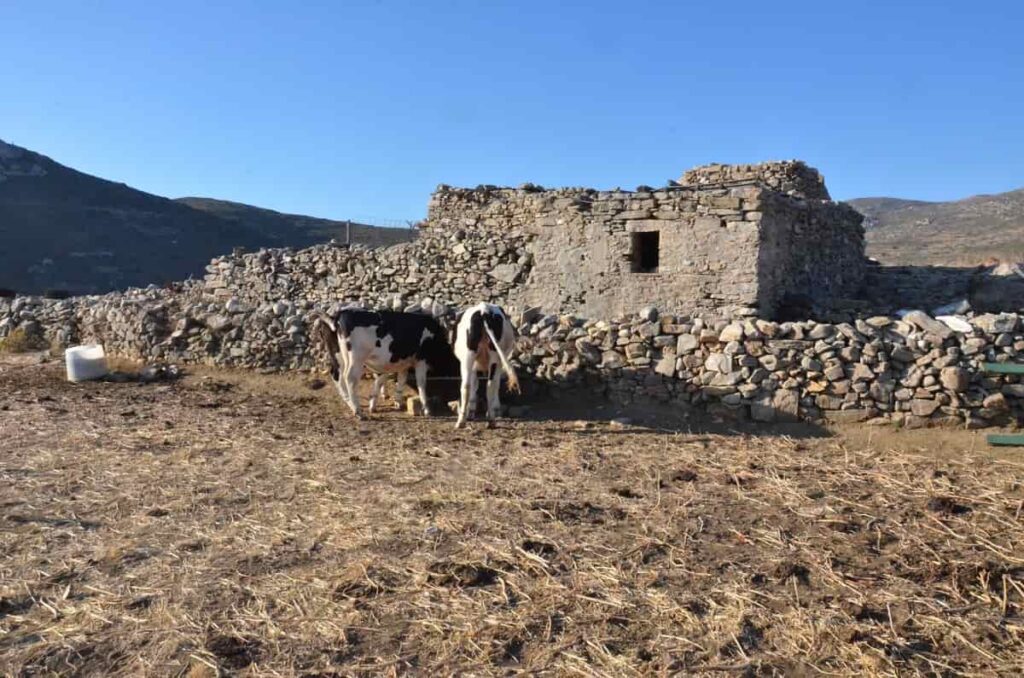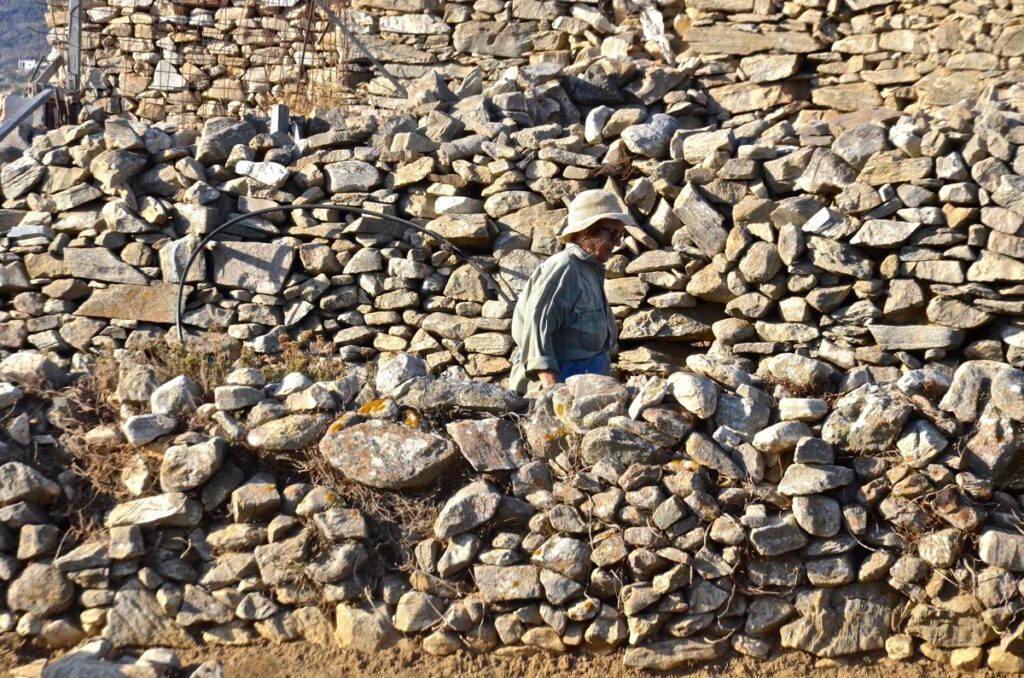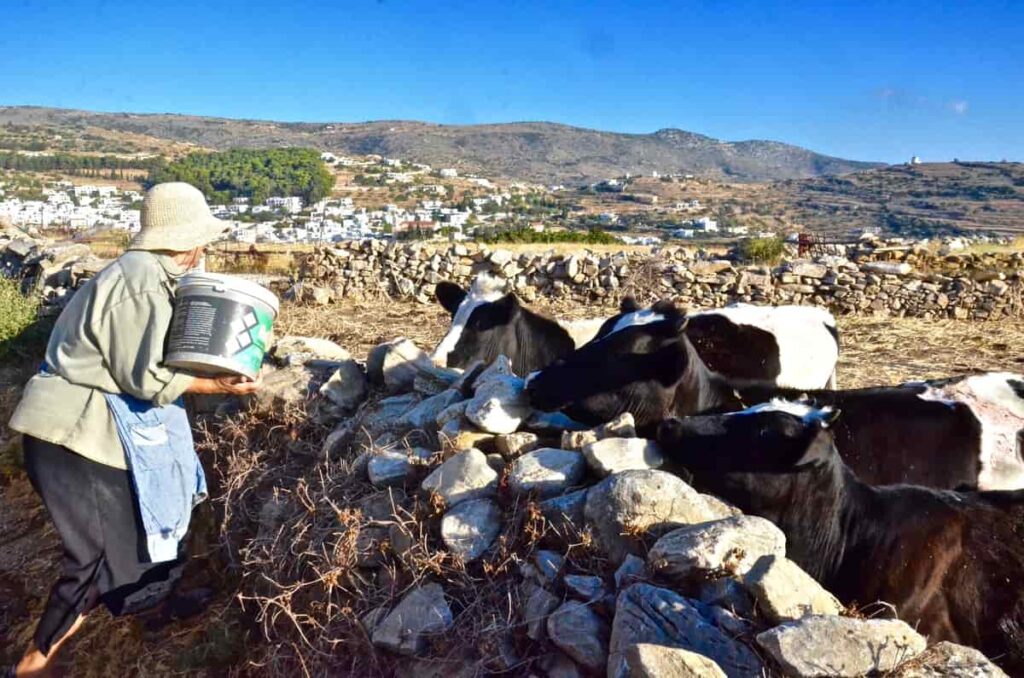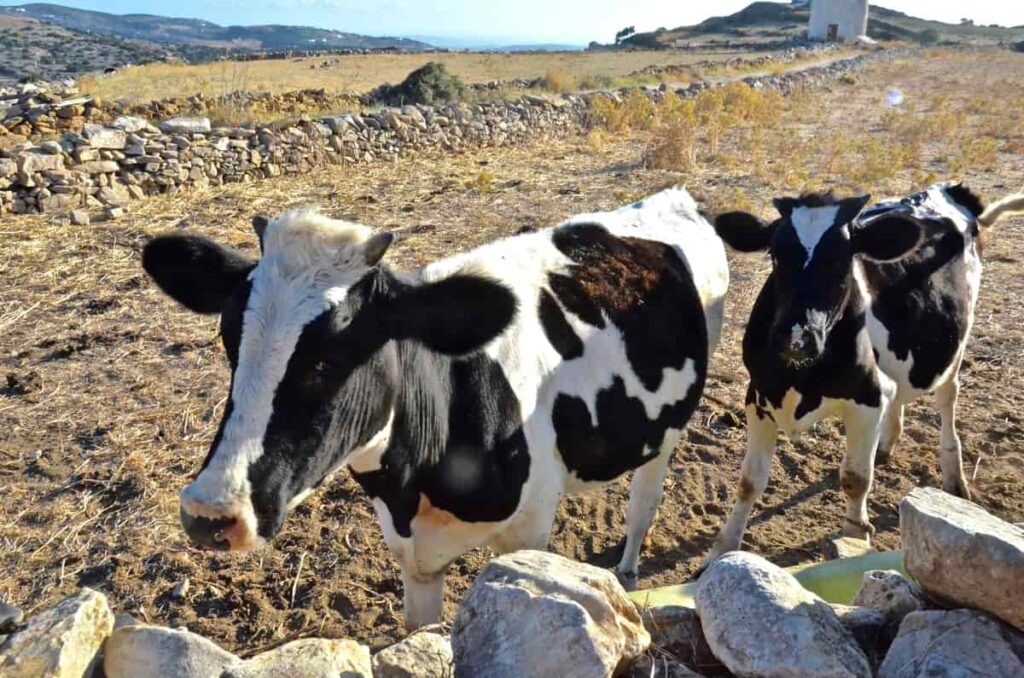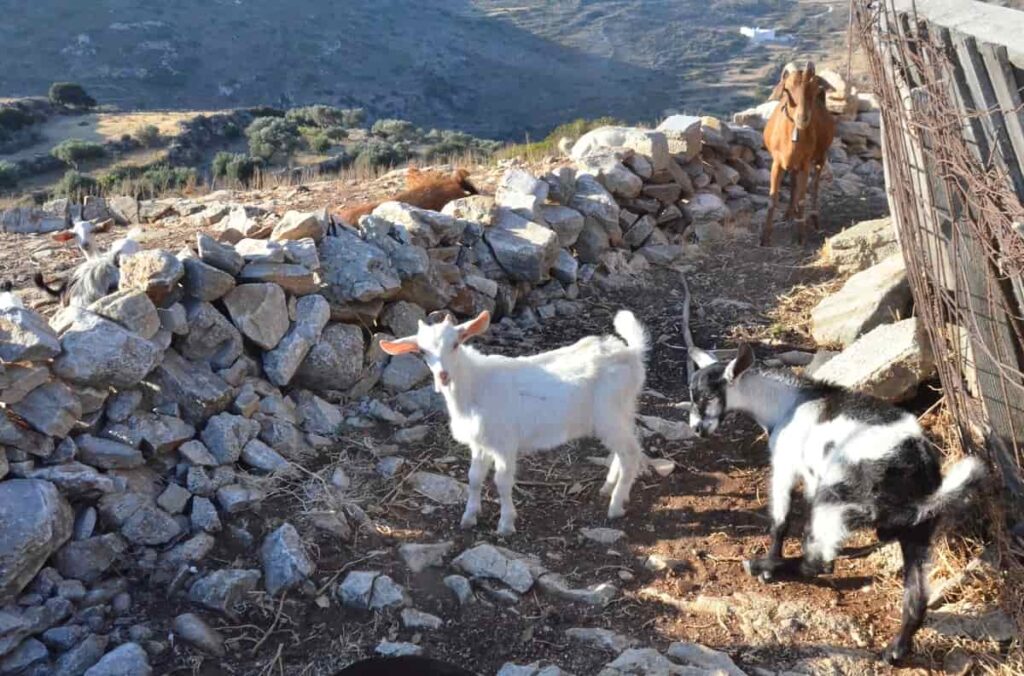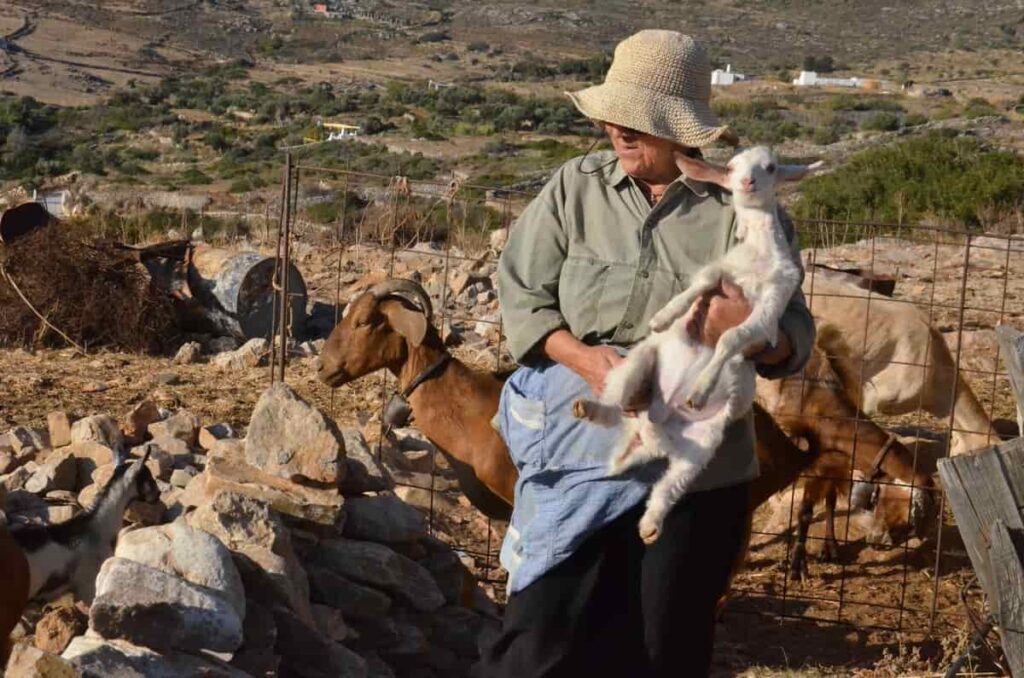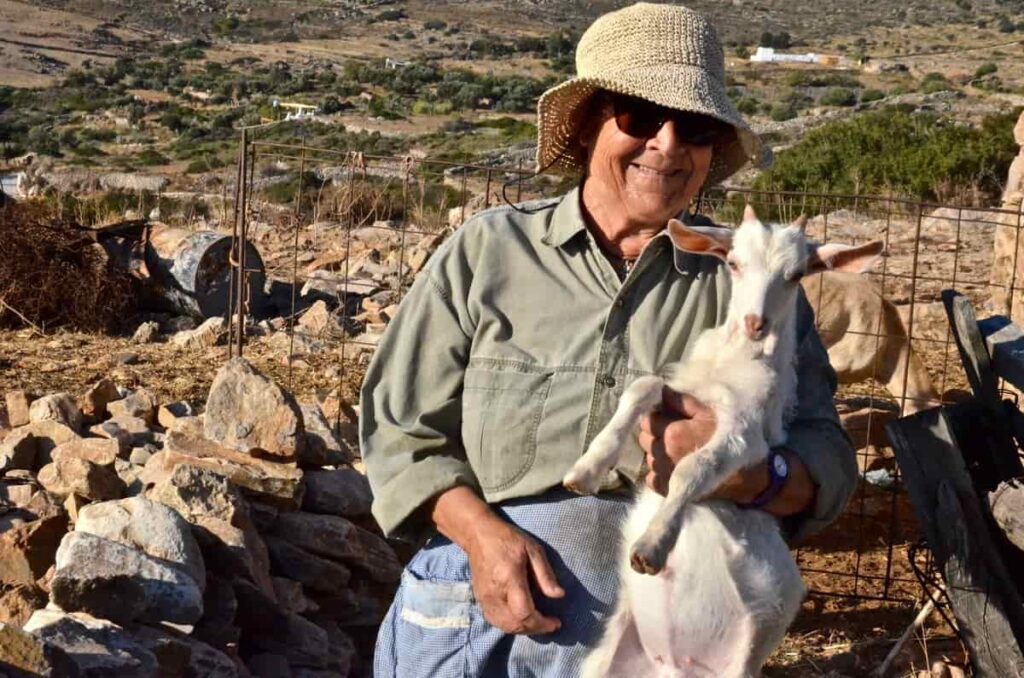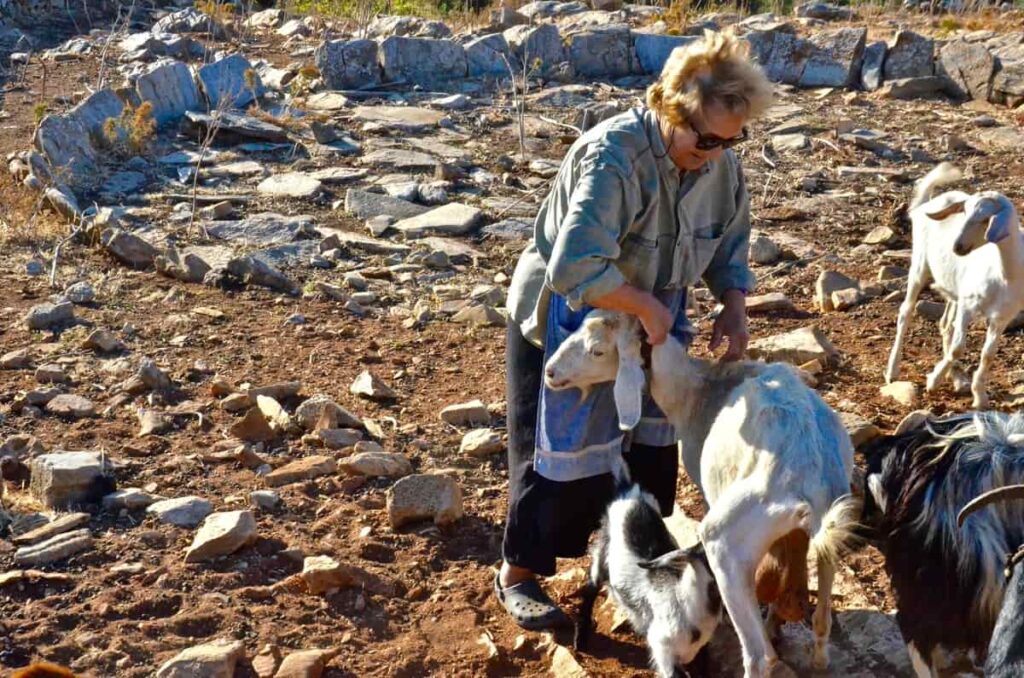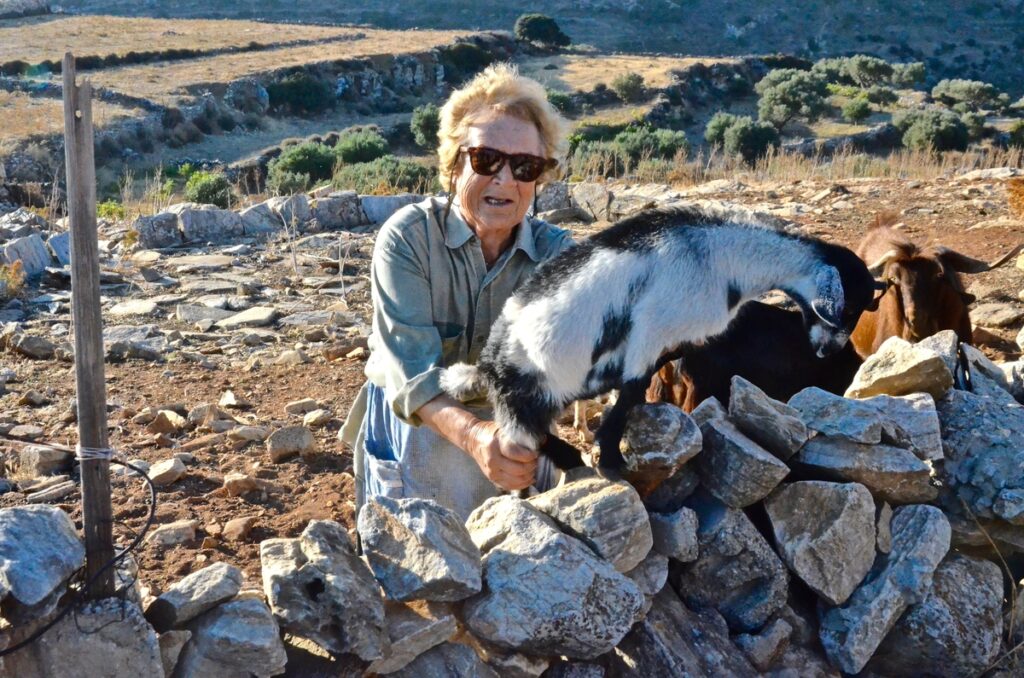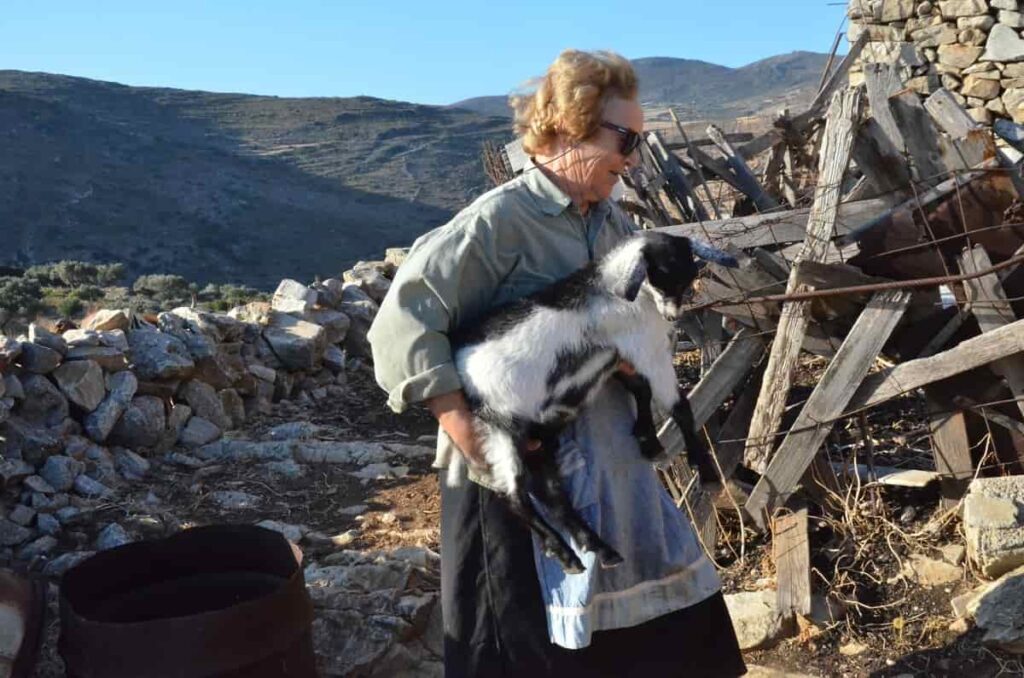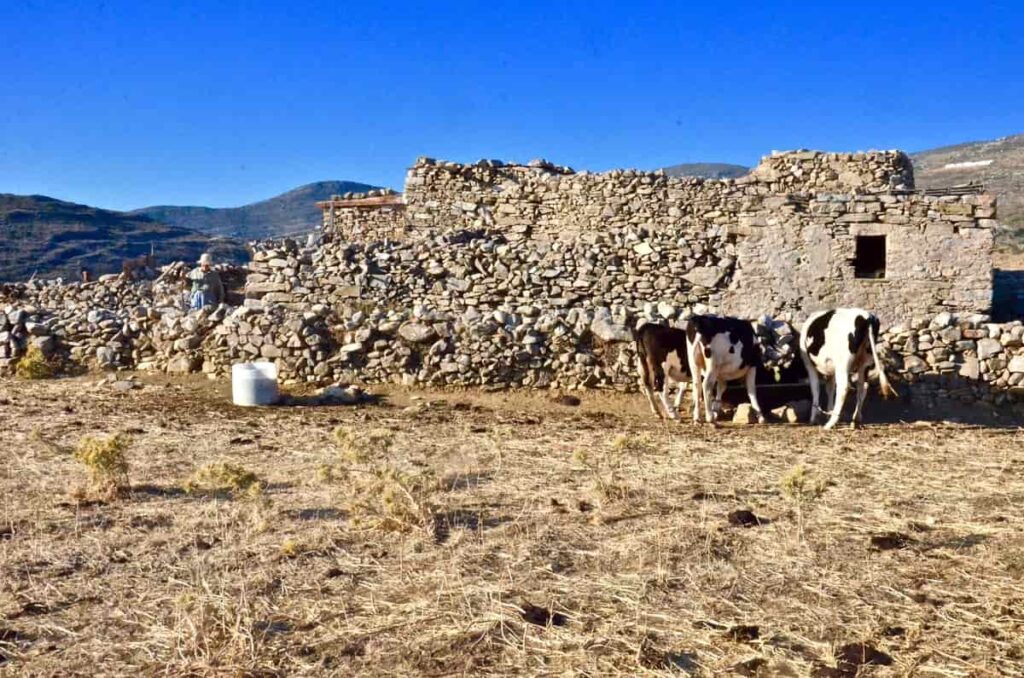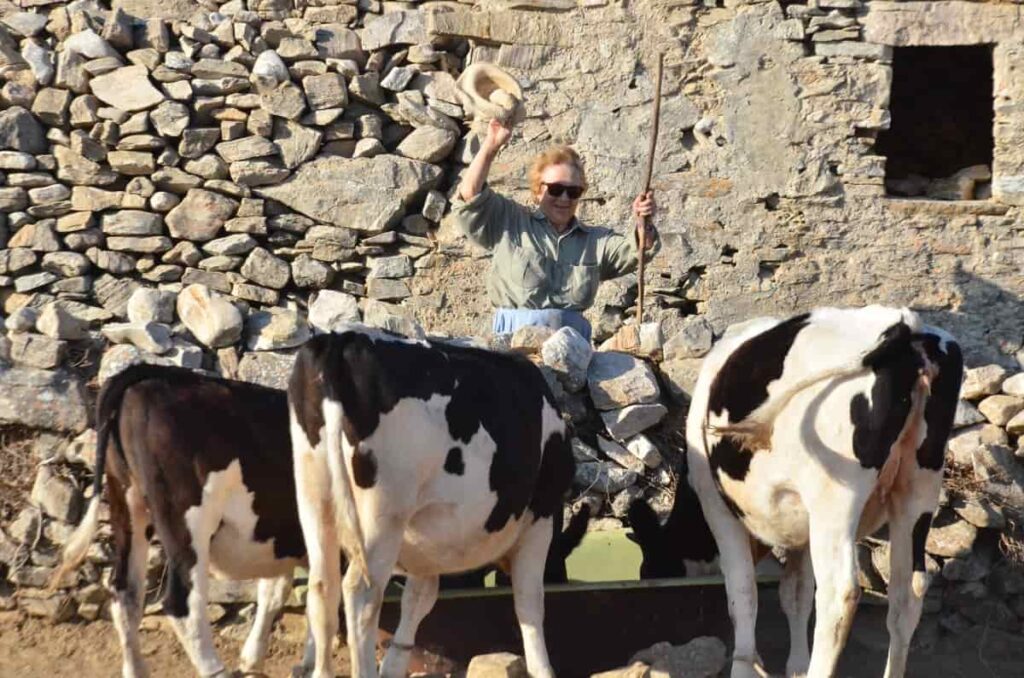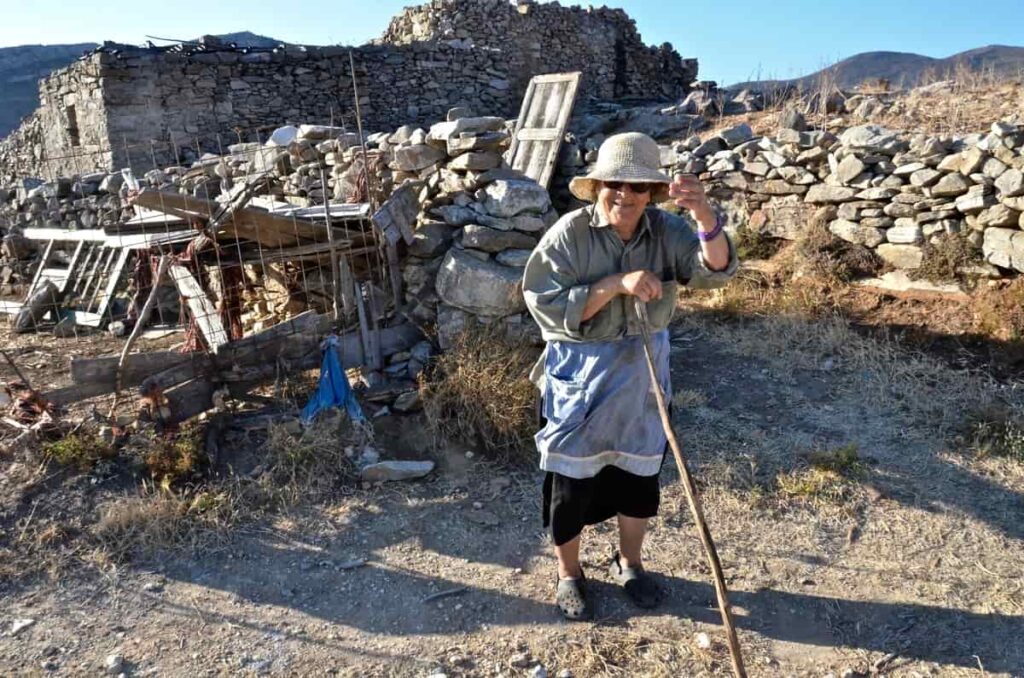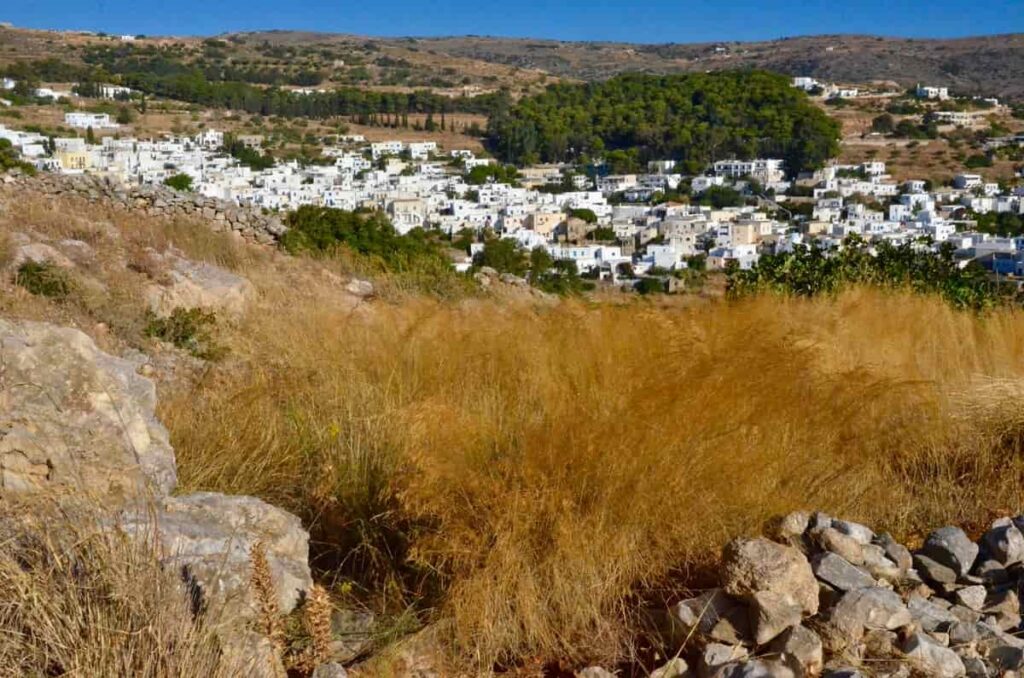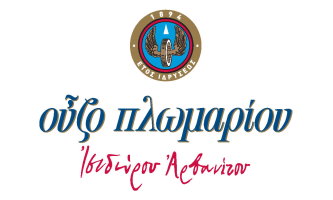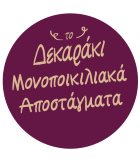Things in Paros seem to have gotten worse, the coronavirus is hitting those who defied it, those young and old who were crowded in Naoussa, Antiparos as if nothing were happening, the little ones carelessly and indifferently to evil piling on top of each other, and the other conspiracy theorists, from saying that everything is a scam, now condemn everyone and everything. On the other hand, and the information was non-existent, the cases became viral and we were done.
Isolated with Bilio on Lefkes, the village that 40 years ago, as a student, I got my first house and I keep it exactly as it did then… the absolutely necessary… order and chaos… and I am very happy that it fills me even more, because the austerity and the subtraction in era and in our generation is a rare commodity.
The light dawns with me banging and full, the preparations for him street of the Iliad. The morning road that fills my daily life.
The house in Lefkes can withstand, the sardine plaster (technique with a spoon) 100 years on the stone and the lime every now and then, that is, whenever we remember it. We take a look at the sea, to see the weather and the condition of the meltemi and we leave, because we will lose the Iliad.
A quick morning watering, in the winter basil, rosemary and slipper that will accompany our salad at noon.
Ten steps and we are in the aisle and from there on the paved floor that we just milked.
The walk to the Iliad begins, taking a look at the curly basil, we caress in the meantime to be accompanied by its scent all the way.
We also take a look at our capercaillie, which has climbed into the adjacent ruin.
Half an hour walk uphill, and the breeze catches us and cools us, while here and there we return to admire the village.
The houses and yards of the village are now being replaced by layered dry stones and the smells of the countryside, sage, oregano, thyme and fennel.
We cut some of the herbs, we will dry them and we will use them on time.
At the top of the hill one meets a small farm.
And there between the dry stones and the stone buildings, the kingdom of stone, something moves, is the Iliad, not the well-known Iliad of Homer with I, but with H by Elias. A rock of life since from 1940, the year she was born, until today, her life must be found by a modern Homer to narrate it.
Orphaned by birth from mother and father and married since 16, she gave birth to 6 children, lost 2 children, now has four sons, 9 grandchildren and 5 great-grandchildren, and all her life is on the animals. Not a day has gone by, there with the north winds, there with the rains, there with the snow.
It first starts with the calves fed with ground corn and fresh water. Then she goes to milk the kids, so that her son Michalis can come and take the milk for cheese-making to the cheese factory of the Paros Cooperative, which makes delicious gruyeres.
But her great joy is the kids. After the feeding of the big ones is over, it is time for the small ones. When the kids have a mother, everything goes well, but when the mother dies in childbirth, as is the case now with the three kids, things get difficult.
The females drive them away violently, and the unfortunates have lost them, asking for milk in vain to no avail.
Here comes the Iliad and puts things in their place. "I know from orphans" she tells us excitedly and takes action. "My little canaries, come here!" the Iliad shouts at them with a tenderness like the one she would have liked when she was little.
He catches all the mothers who have milk, immobilizes them and so the goats suck as much as they want.
Then, one by one, he puts them back in the corral so that they do not kick her!
The white-haired, the gray-haired and the black-and-white hug still had her love and care today, like hundreds of other white-haired and black-haired in the past. Because this is the life of the Iliad, yes takes care of people, animals and the land, to endure all the difficulties of life and to meet it every morning, near the sunrises, with an incredible joy and optimism for life.
The work is done, everything is in order, but our Iliad continues. Now it is the turn of the big estate with all the other animals (big cows, calves, many sheep and chickens).
"Nothing has happened to you so far, where can you find out my story, so we met a few times. You have to come so many more“. Until the modern Homer is found, all I can do is be happy to say goodbye to her, and take part of her vitality and her humanity.
And to return happily to my home, full, to eat breakfast that, among other things, I will have the eggs that kiss me from time to time. And to think and rethink how few things one can be happy with in life.

